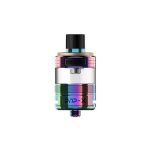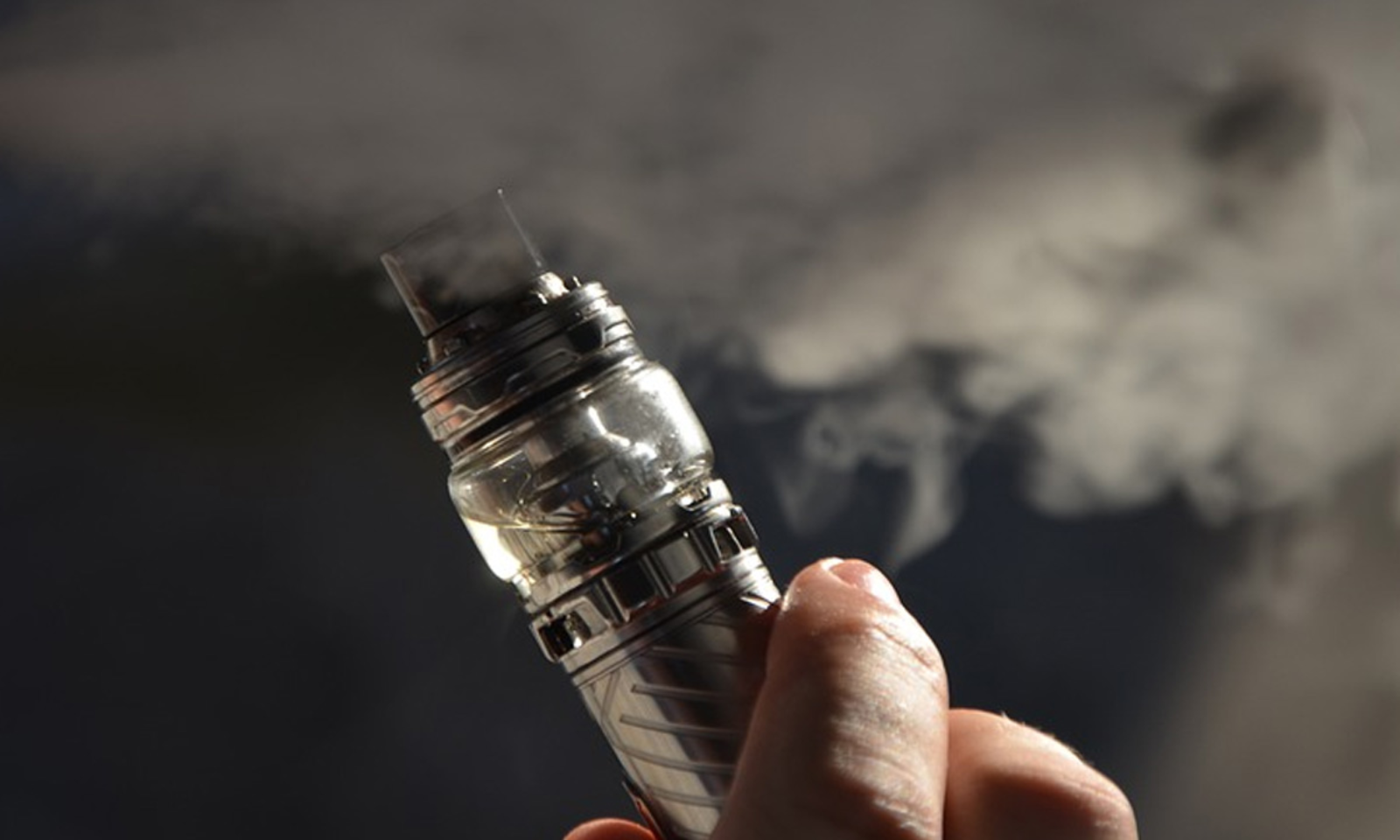As vaping continues to gain popularity as an alternative to traditional smoking, many individuals are drawn to the idea of vaping without nicotine. While some view it as a safer option, others question its safety and potential risks. Let’s delve into the topic and explore whether Is vaping Without Nicotine Safe.
Understanding Vaping Without Nicotine:
Vaping without nicotine involves inhaling flavored vapor produced by an electronic cigarette or vaping device, without the presence of nicotine. Instead of nicotine, these vaping products typically contain flavorings, propylene glycol, vegetable glycerin, and sometimes other additives.
Perceived Benefits:
One of the primary reasons individuals choose to vape without nicotine is to avoid the addictive properties of nicotine. For former smokers who have successfully quit nicotine but still enjoy the sensation of vaping, nicotine-free options offer a way to satisfy their cravings without reintroducing nicotine into their system. Additionally, some people simply enjoy the flavors and sensory experience of vaping without the desire for nicotine.
Safety Concerns:
While vaping without nicotine may seem safer compared to vaping with nicotine or smoking traditional cigarettes, it’s important to recognize that vaping is not entirely risk-free. While many of the harmful chemicals found in traditional cigarettes are absent in vaping products, there are still potential risks associated with inhaling vaporized substances.
One concern is the presence of flavorings and other additives in vaping liquids. While generally recognized as safe for ingestion, the long-term effects of inhaling these substances into the lungs are not well-understood. Some flavorings may contain chemicals that can be harmful when heated and inhaled, although research on this topic is ongoing.
Additionally, there have been cases of lung injury associated with vaping, primarily linked to the use of illicit or contaminated vaping products containing substances like vitamin E acetate. While these cases have been primarily attributed to THC-containing vaping products rather than nicotine-free e-cigarettes, they underscore the importance of using reputable, regulated vaping products.
Conclusion:
Vaping without nicotine may offer a safer alternative to smoking traditional cigarettes for individuals who have successfully quit nicotine or for those who simply enjoy the sensory experience of vaping without the addictive properties of nicotine. However, it’s essential to recognize that vaping is not without risks, and more research is needed to fully understand the long-term health effects of vaping, especially when it comes to inhaling flavorings and other additives.
For individuals considering vaping without nicotine, it’s important to use reputable, regulated vaping products and to be mindful of any potential health concerns. Consulting with a healthcare professional can provide personalized guidance and support in making informed decisions about vaping and overall health and wellness.














